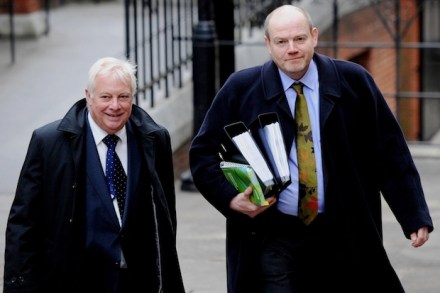Margaret Thatcher: friend of the unions?
When Margaret Thatcher won the 1979 election, she was helped into Downing Street by what many of today’s politicians would regard as an unlikely group of Tory voters. The votes of trade unionists were crucial to Margaret Thatcher beating Jim Callaghan in 1979. And this didn’t happen by accident – Mrs Thatcher, the one-time President of the Dartford branch of Conservative Trade Unionists had made active efforts to appeal to those moderate trade unionists who felt let down by their leaders. After becoming leader in 1975, she set out to revive Conservative Trade Unionists. By the 1979 election, the organisation had 250 branches and was able to hold a pre-election




















